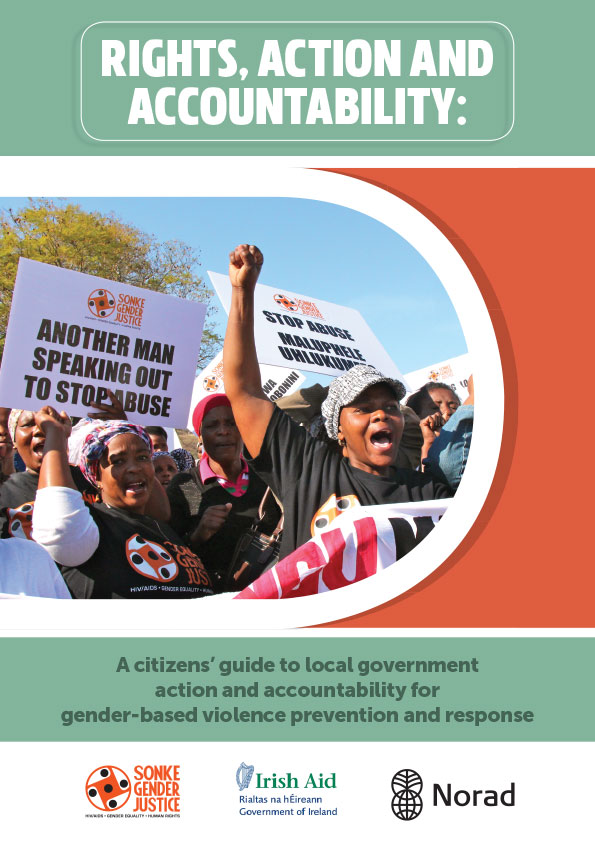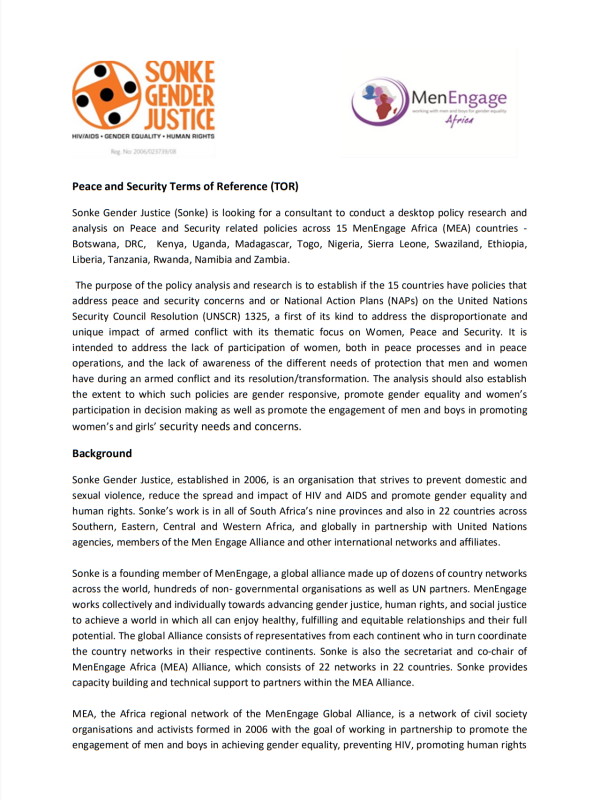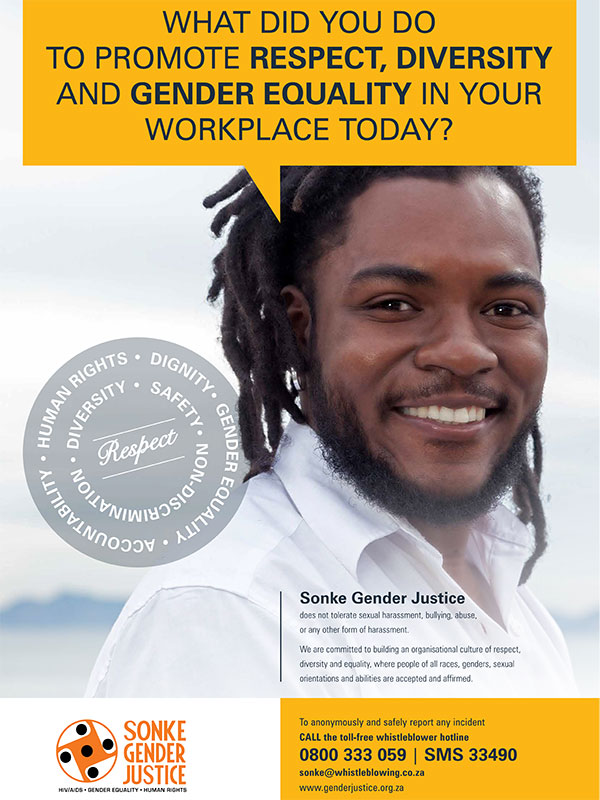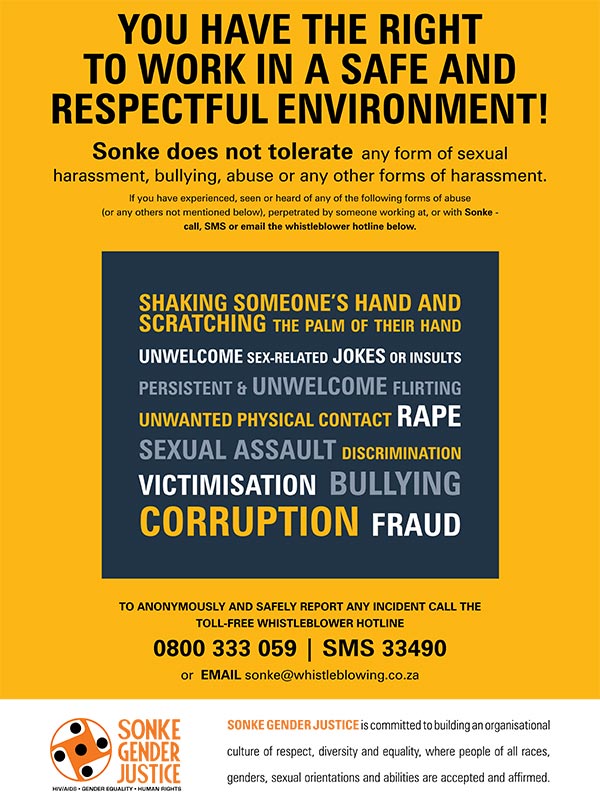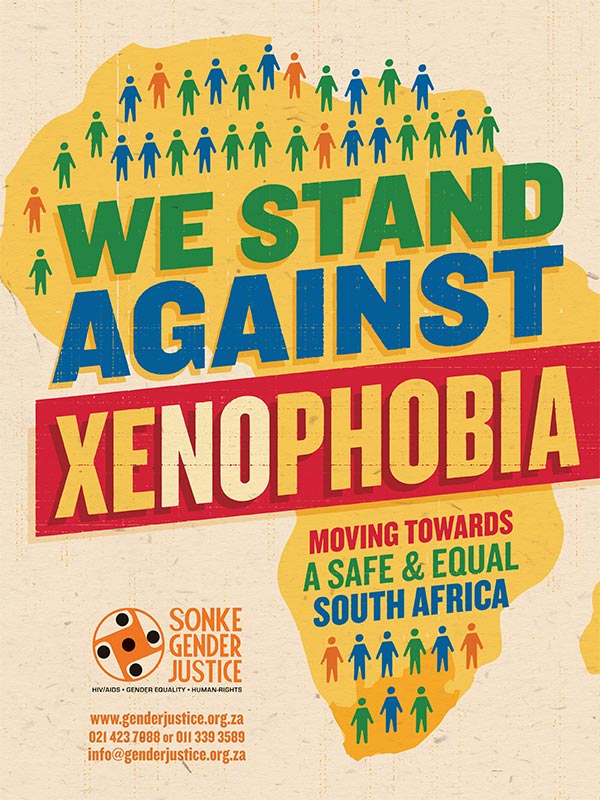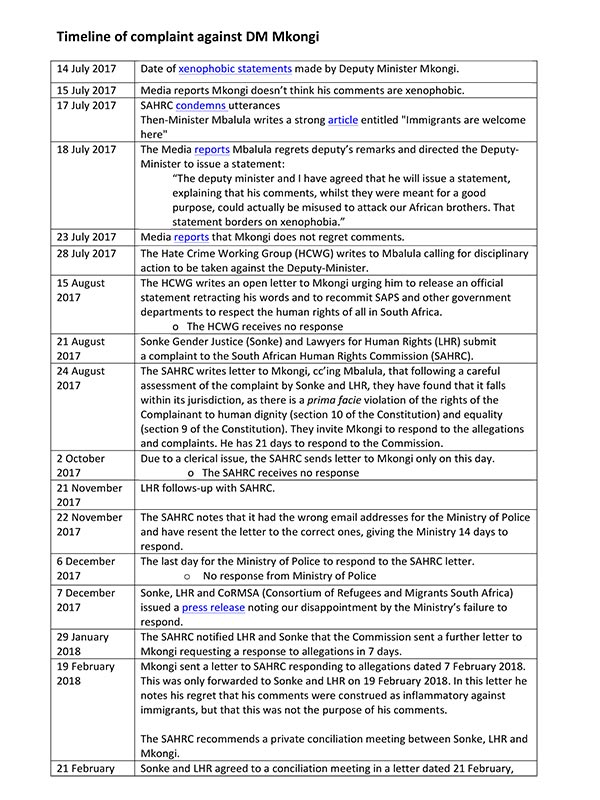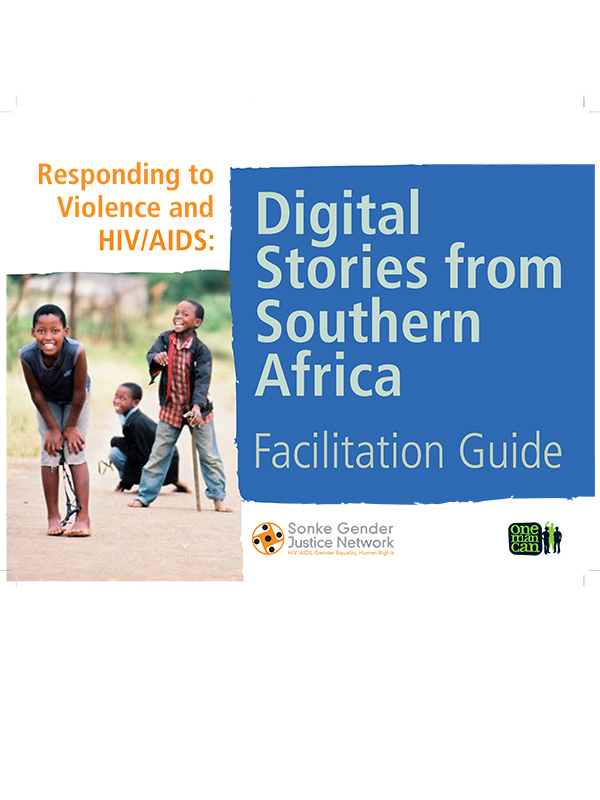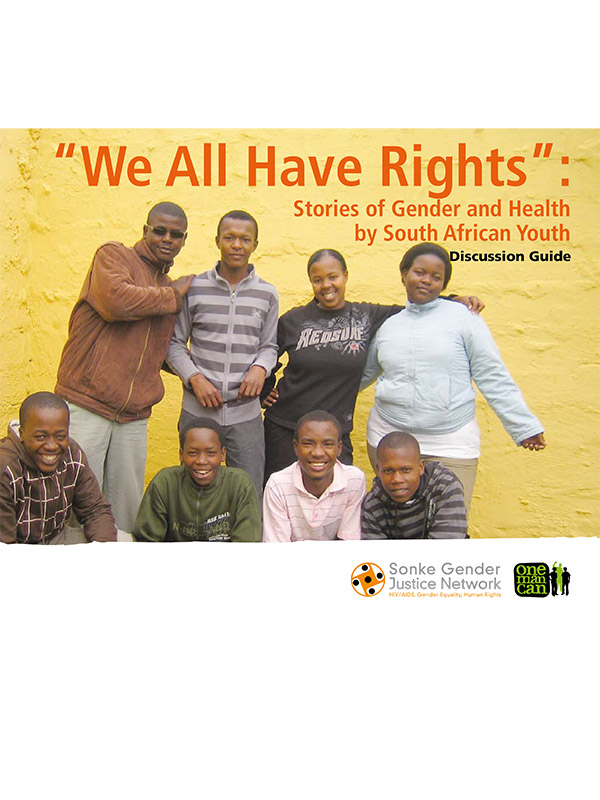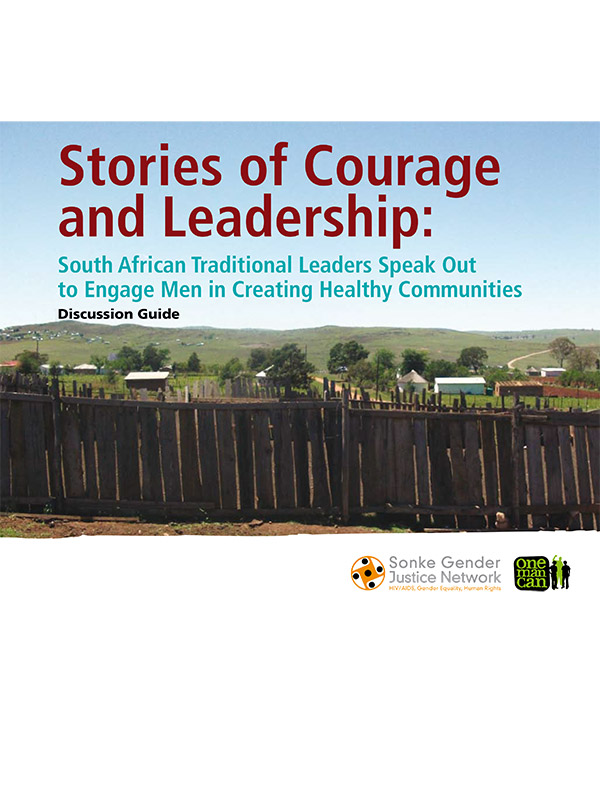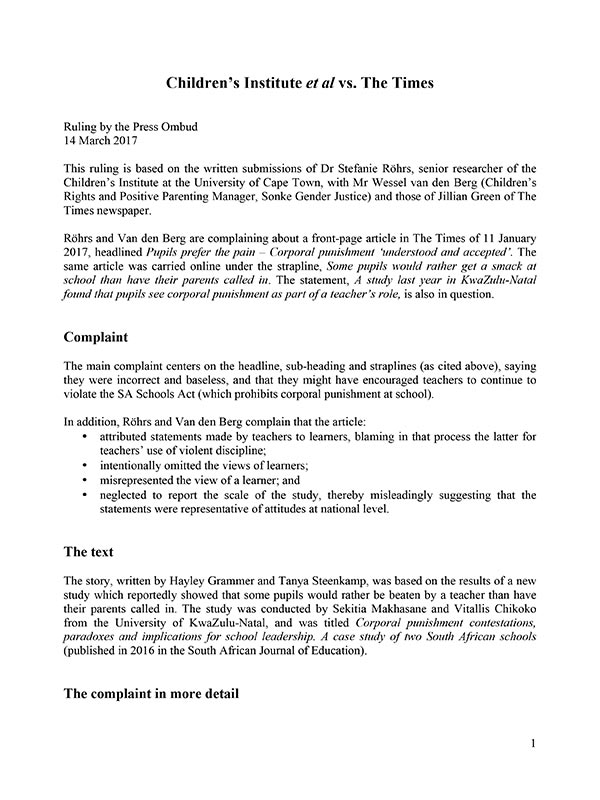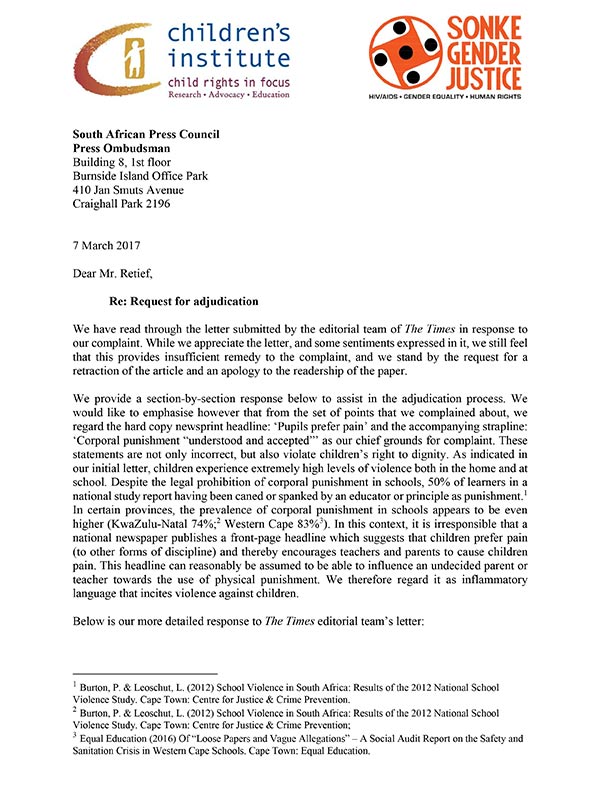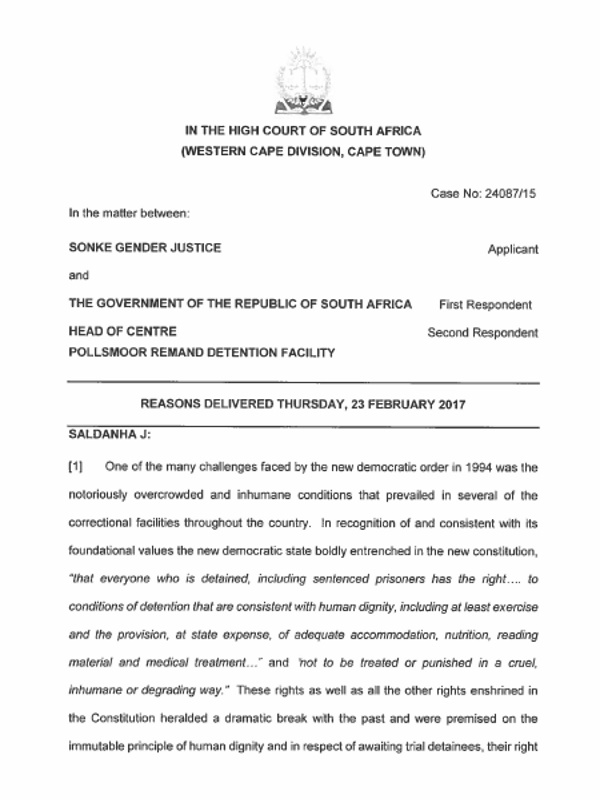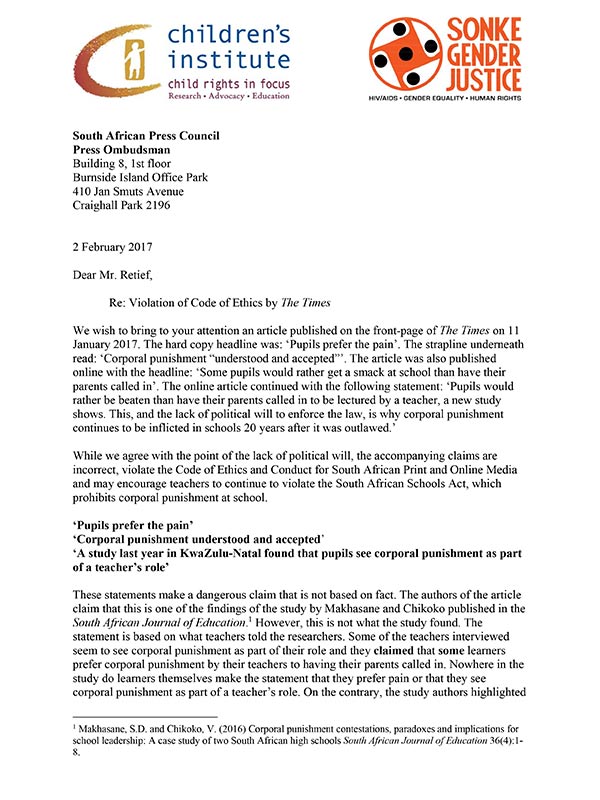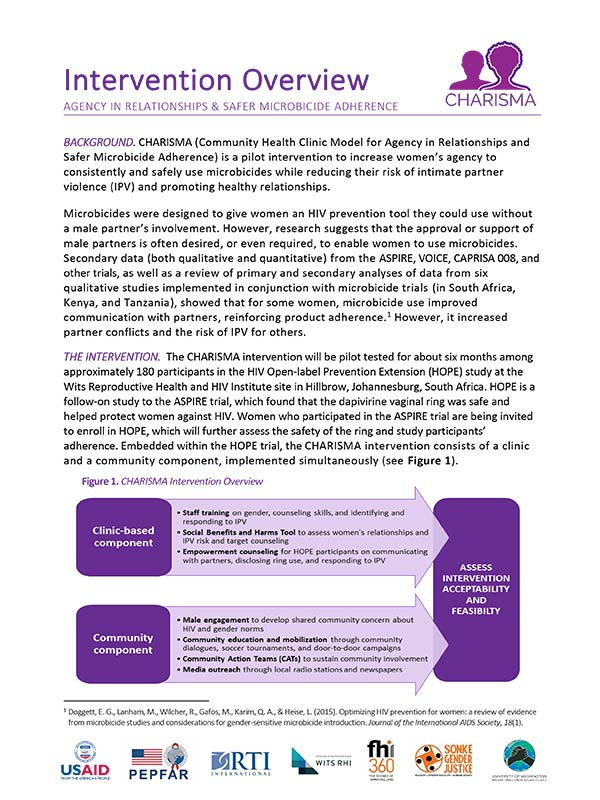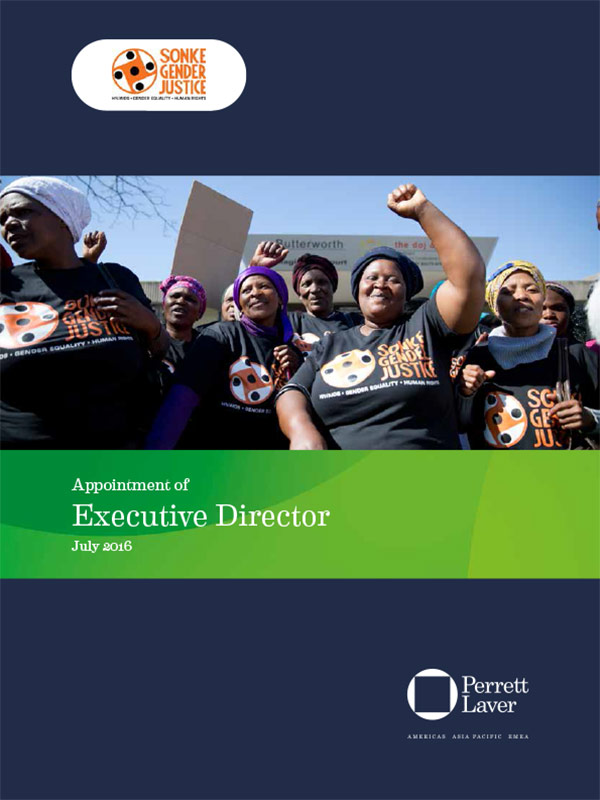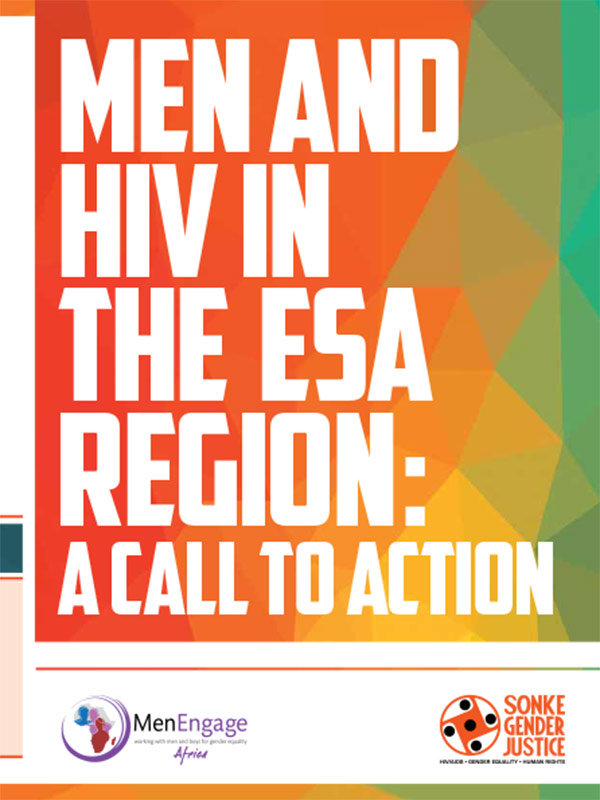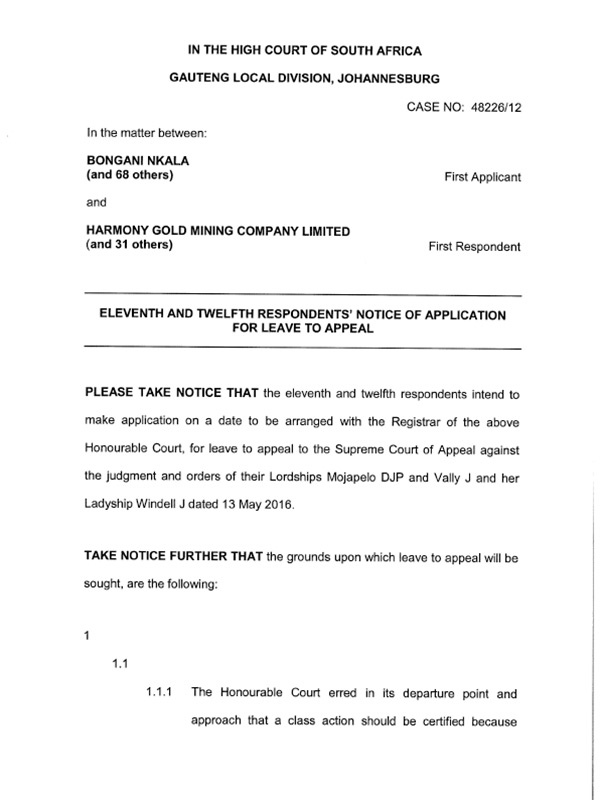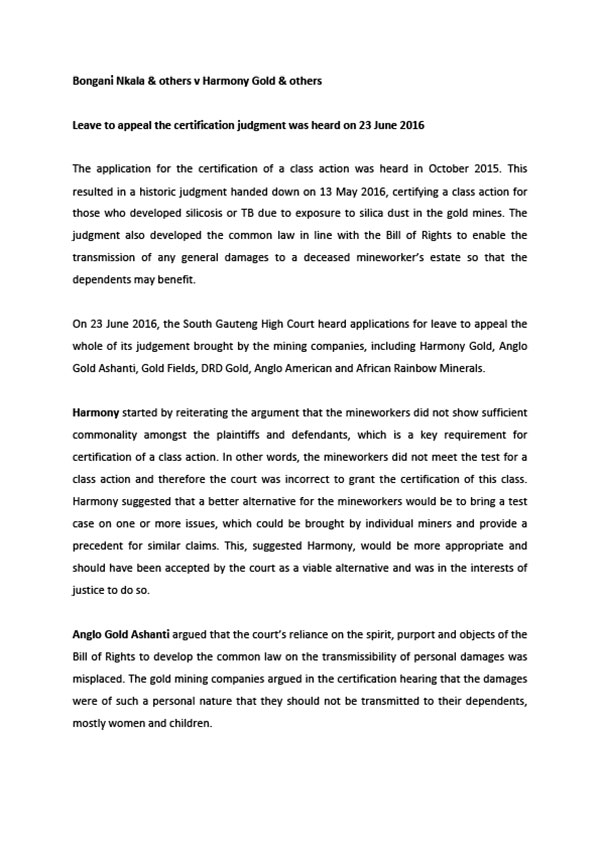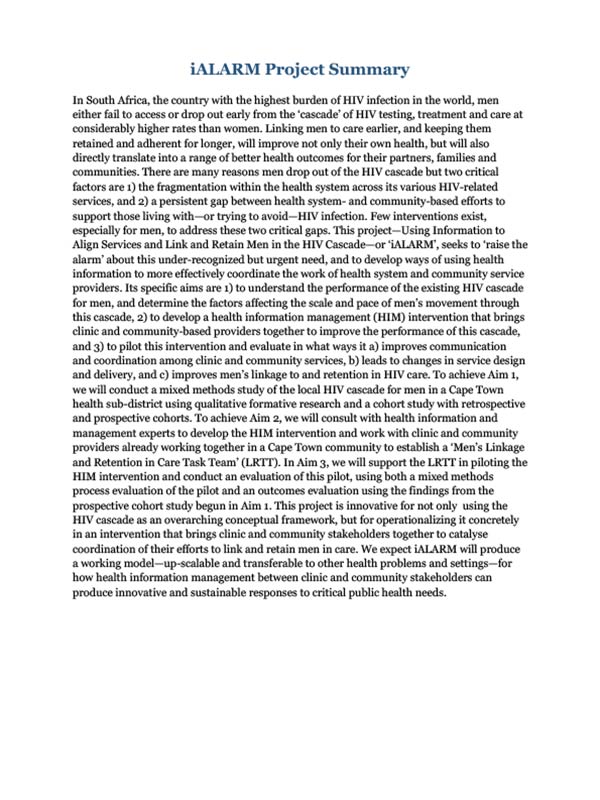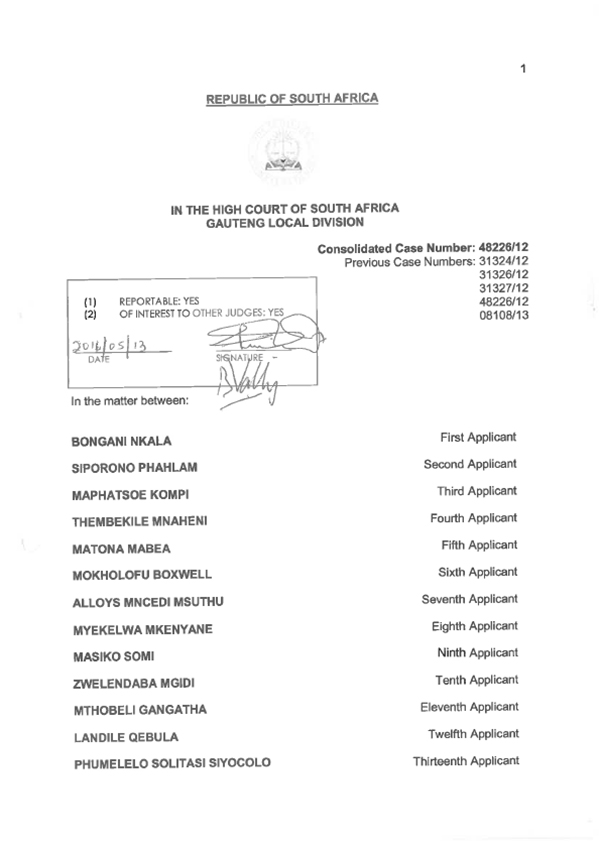A citizens’ guide to local government action and accountability for gender-based violence prevention and response
This Manual is designed as an educational resource for facilitators who will lead training workshops to strengthen the capacities of Sonke Community Action Teams (CATs) to:
- Raise awareness of gender-based violence (GBV).
- Promote the inclusion of GBV prevention and response in the plans and projects of local governments.
Trigger warning: The content of this training manual will engage with issues relating to gender based violence (GBV). Much of it will be emotionally and intellectually challenging and may cause a psychologically taxing response or be traumatising. Effort has been made to compile the material in a manner that is thoughtful. It is important to engage with the content in a mindful and respectful manner. If the material triggers some trauma or psychological response, it is important to seek help or guidance in this regard.
